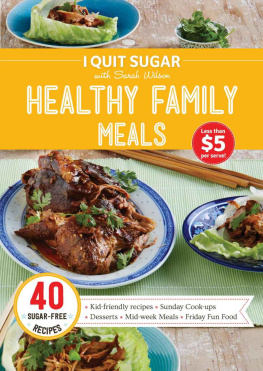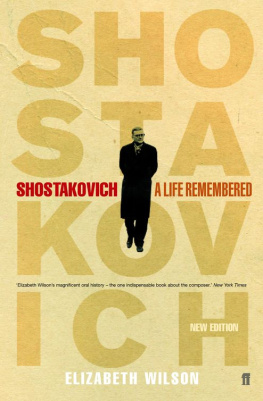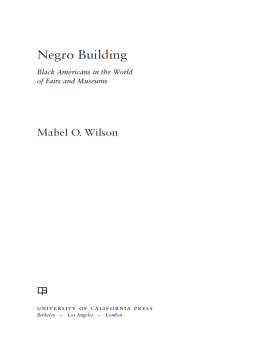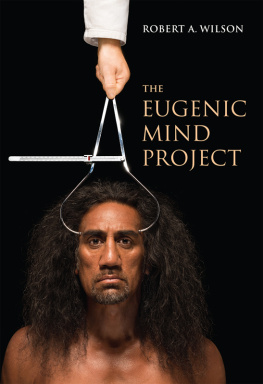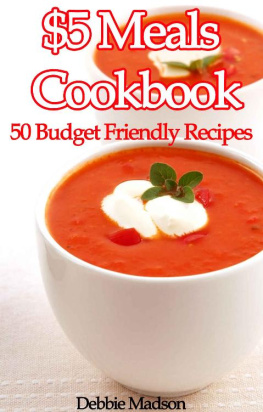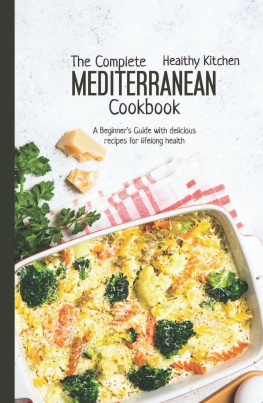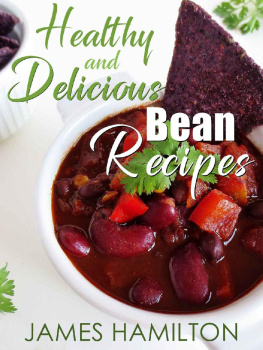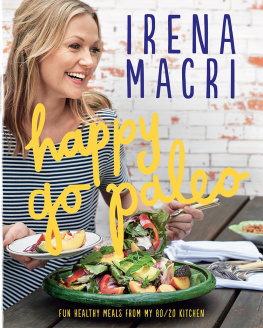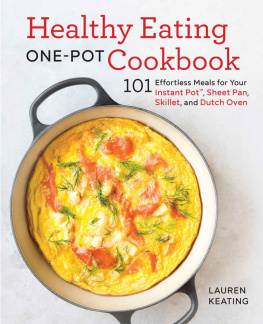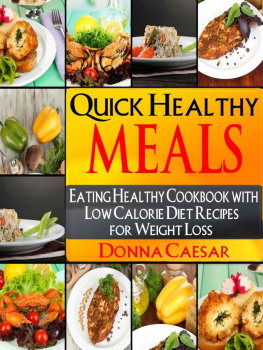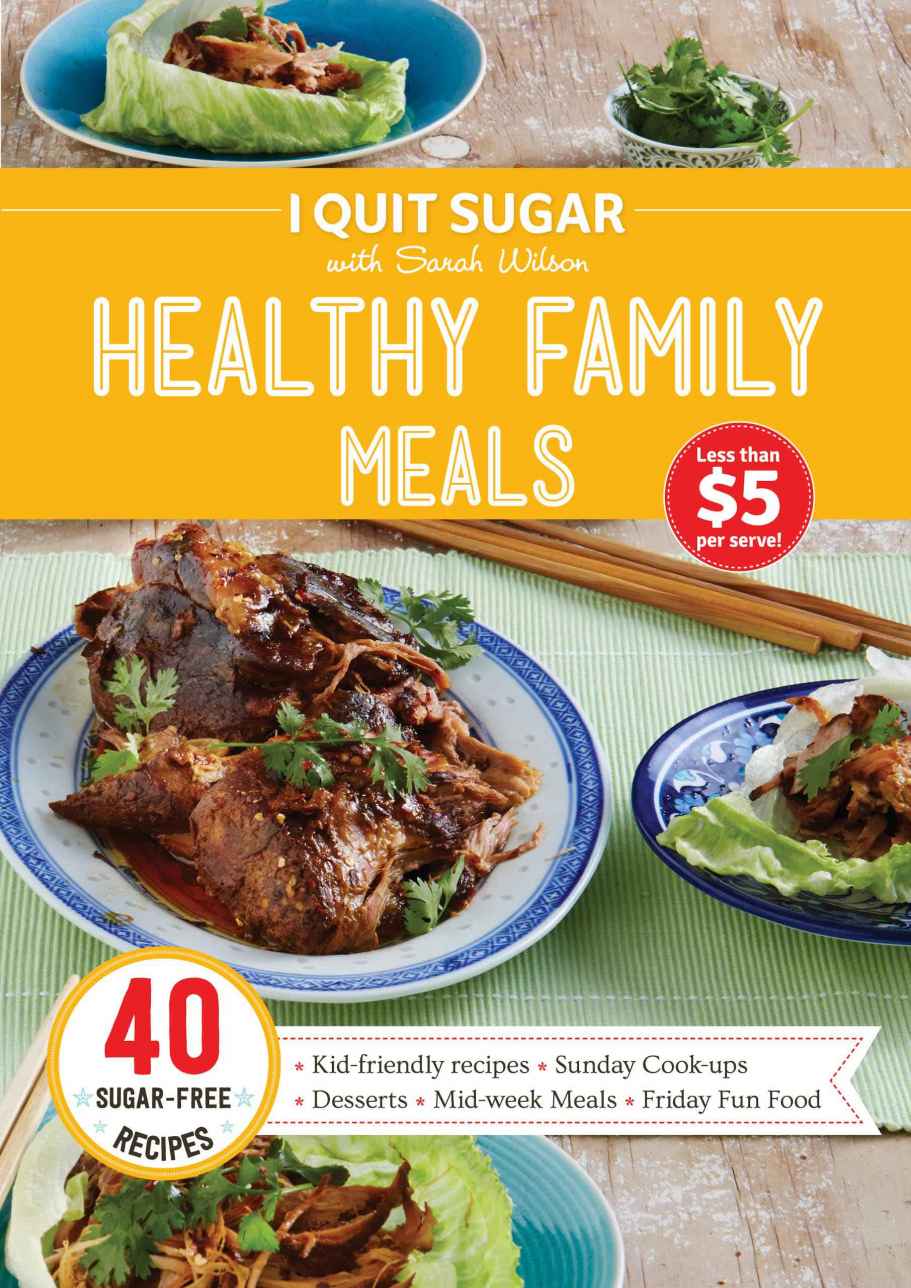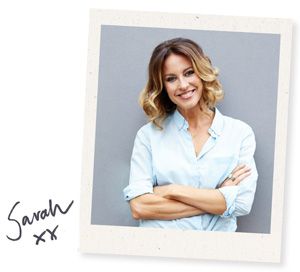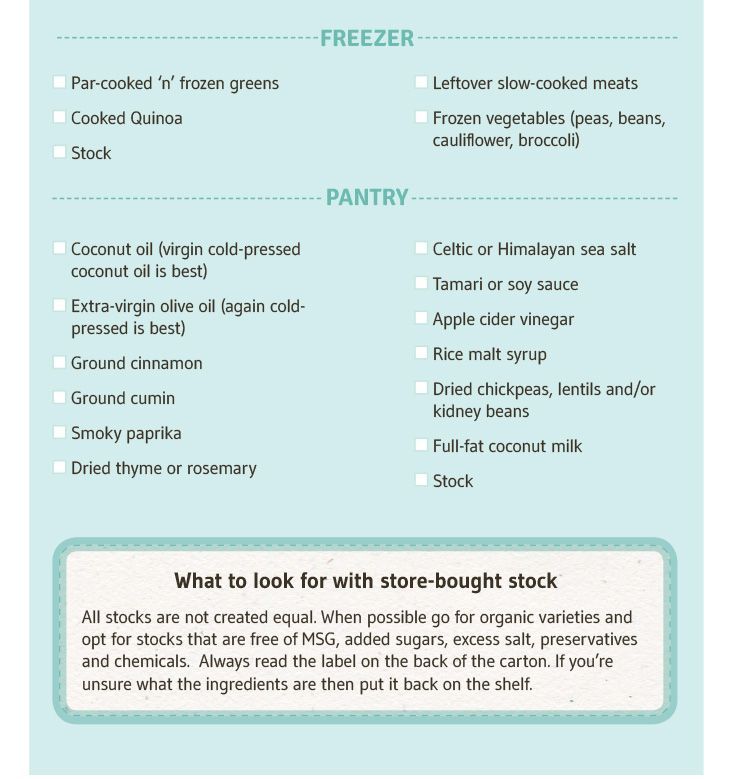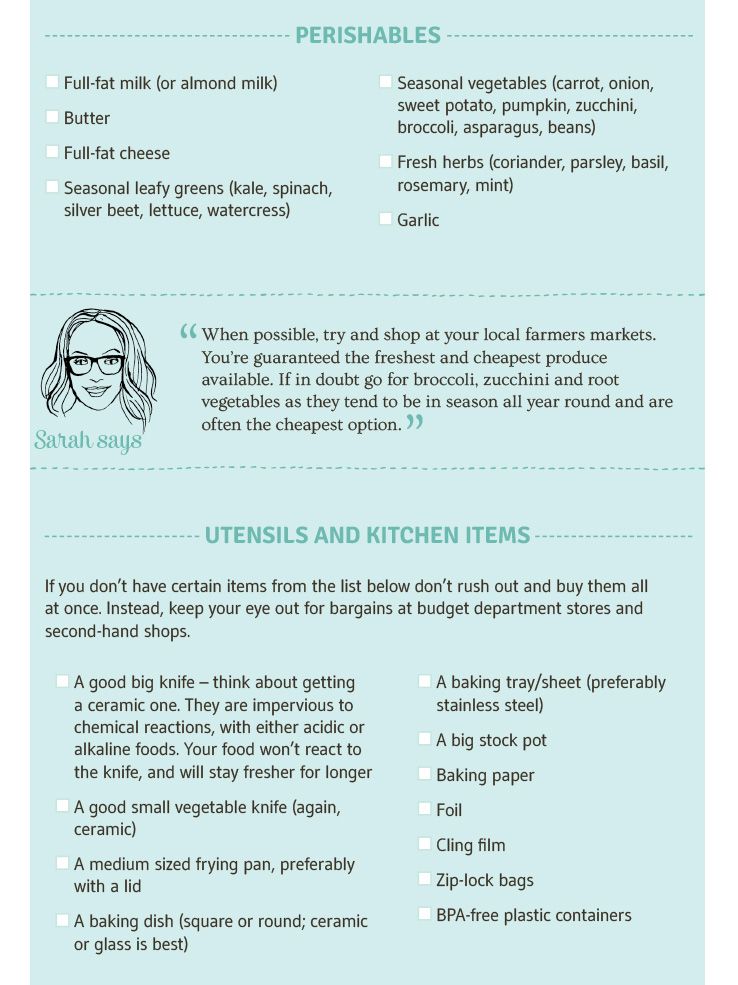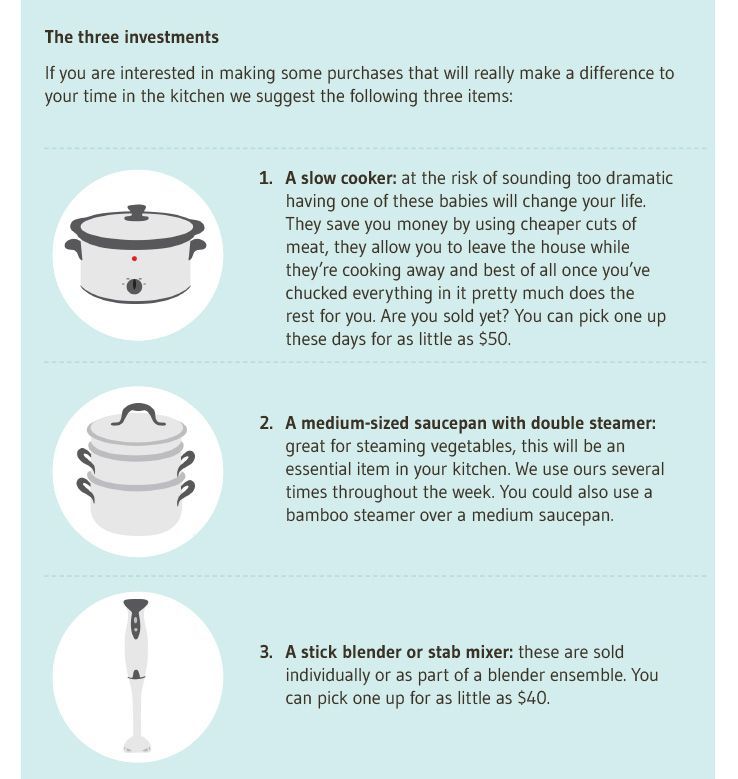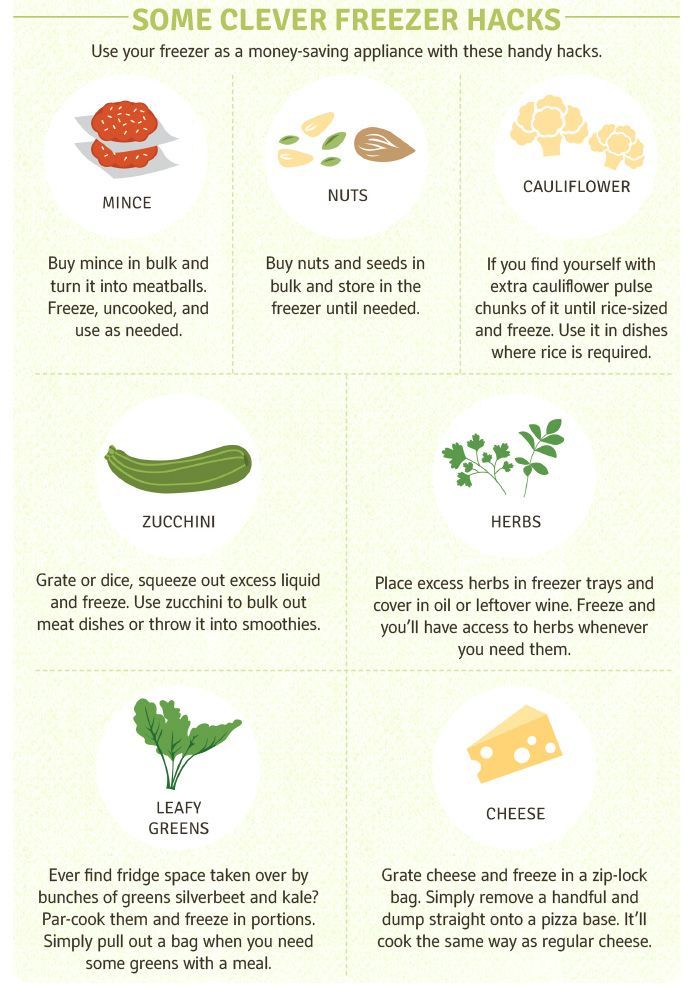
Growing up, the highlight of every day was the family meal we always ate together. Mum cooked and us kids hovered and helped (mostly because we were always starving and thought this would speed things up). Its how all six of us kids learned to cook - and to truly dine. Each night Dad went around the table and asked what wed done that day; today, he rings us all and compiles our news in a collective email. And I always try to dine at a table with people. Always.
Mum didnt cook fancy nor expensive food. It was all about economy of flavour, time and dollars. Shed use budget cuts of meat, make everything in the one big old cast-iron pot, bulk things out with starchy veggies and ensure we had three serves of greens with every meal.
These principles, in many ways, guide this book. Today, we need cheap meals. But I think the priority is now no-brainer meals that we can get to the table with ease, even if we dont really know how to cook.
There are a bunch of fundamentals that have enabled us to bring you 40 recipes for under $5 per serve (some are even $2 per serve).
* Slow cooking. A bunch of the recipes in this book make use of a basic electric slow cooker (you can grab one for $40 at a department store). These are the most efficient appliances and result in healthy, flavoursome meals. * Sunday Cook-ups. Yep, this is all about batch cooking so that youre stocked up with plenty of food for the week. * We use leftovers. Youll notice throughout this book that we reference offcuts of meat, quinoa or stock from previous recipes. That way theres no waste. Thats how we do things. * Simple ingredients. There are no fancy pantry items and nothing you need to spend a fortune on. Just real, affordable food.
To keep things fun, weve tossed in a bunch of very kid-palatable recipes, too. My favourite is the .
Honestly, cooking shouldnt be fancy and expensive. It should have maximum flavour and flow. Im guessing many of you also have principles you learned from Mum or elsewhere that saves time, money and ups the taste ante, yes? Or ways to bring one of our dishes down in price even further! Id love for you to share with us at I Quit Sugar or feel free to post on our Facebook , Instagram or Twitter with the hashtag #IQSfamily.
Happy culinary flowing and much wellness to your family,

If theres one thing you need to take away from this cookbook its the beauty of leftovers. Use the guide below to ensure you get the most bang for your buck with each delicious meal.
How to freeze cooked leftovers safely:
* We like to use plastic zip-lock bags for freezing individual portions. BPA-free plastic containers are also a good option. The good news: plastic zip-lock bags are now safer (no longer made from PVC). Always check the number in the triangle on the bottom: 2, 4 and 5 are safe. Avoid the rest. * If youve made a large batch of soup, stew or curry for the week, separate each portion into freezer-friendly, microwave-safe containers. Remove from the freezer in the morning and defrost in the fridge throughout the day. * Defrost foods in the fridge, not on the bench. The slower you defrost, the closer it resembles its pre-frozen state. * If you have leftover meat, shred and freeze in 1-cup portions (or 150g of meat per person) in zip-lock bags or freezer-friendly containers. Note: If youre likely to microwave leftover portions, make sure the container is microwave-safe too. * Always label and date your containers to make it easier for yourself later on. * Freeze leftover sauces and pesto in ice cube trays and pop out as needed.


